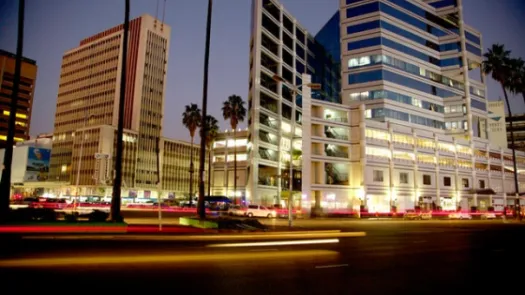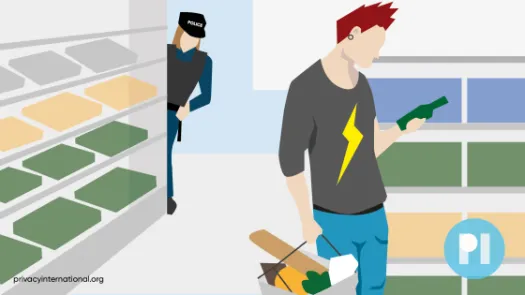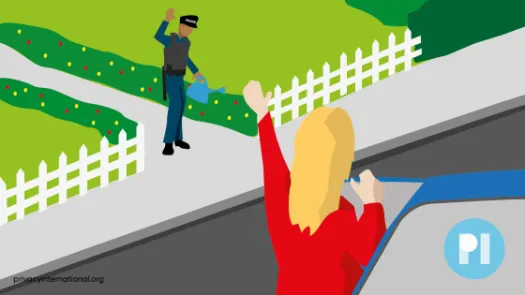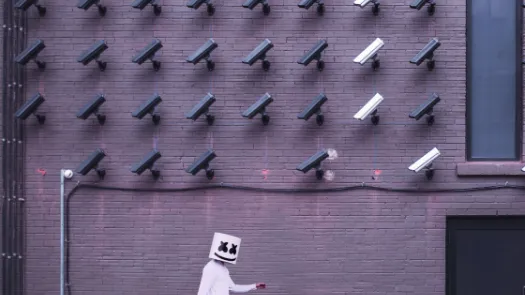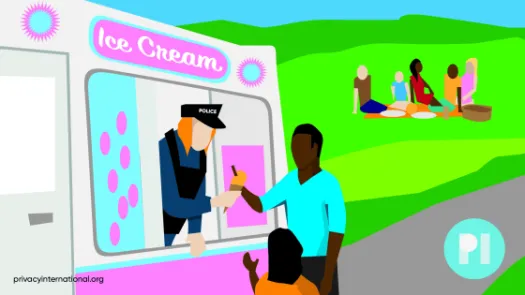Podcast: The end of privacy? The spread of facial recognition
This podcast was recorded before the US Federal Trade Commission told a company called 'Ever' to delete any facial recognition algorithms they developed without consent
Links:
- The original article
- Info on how to do your own Data Subject Access Request
- And the template from the ICO

